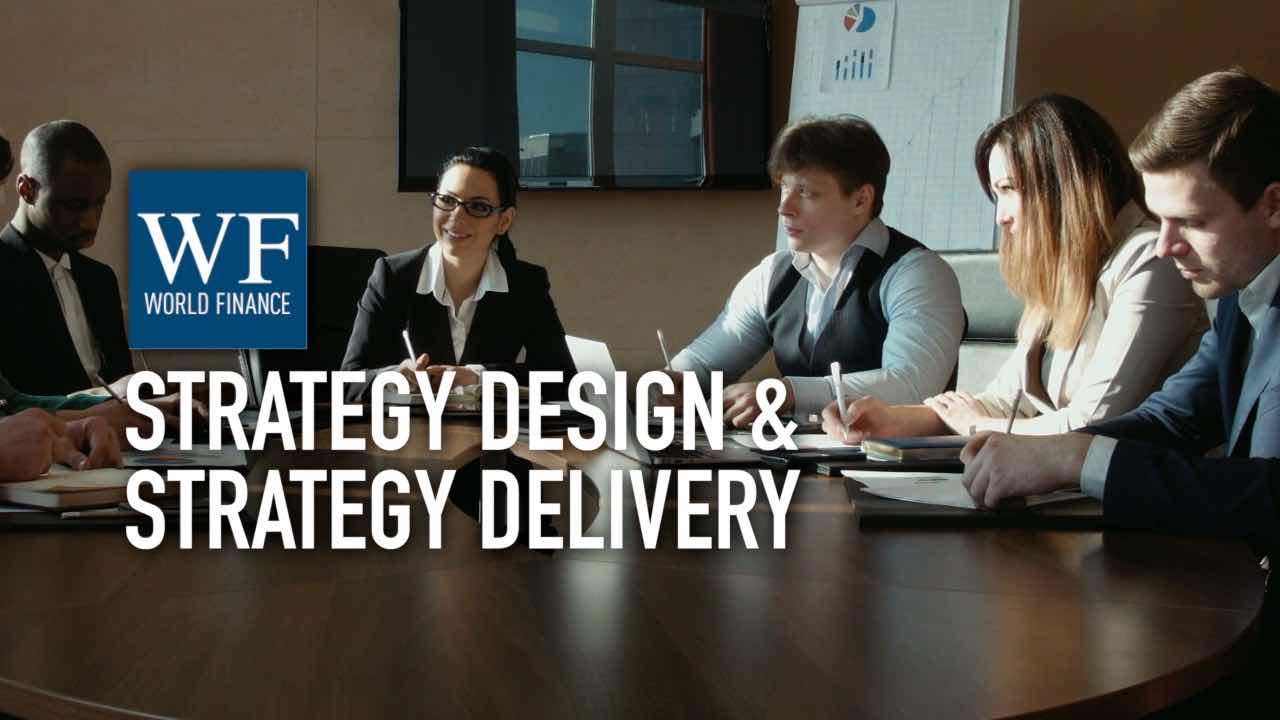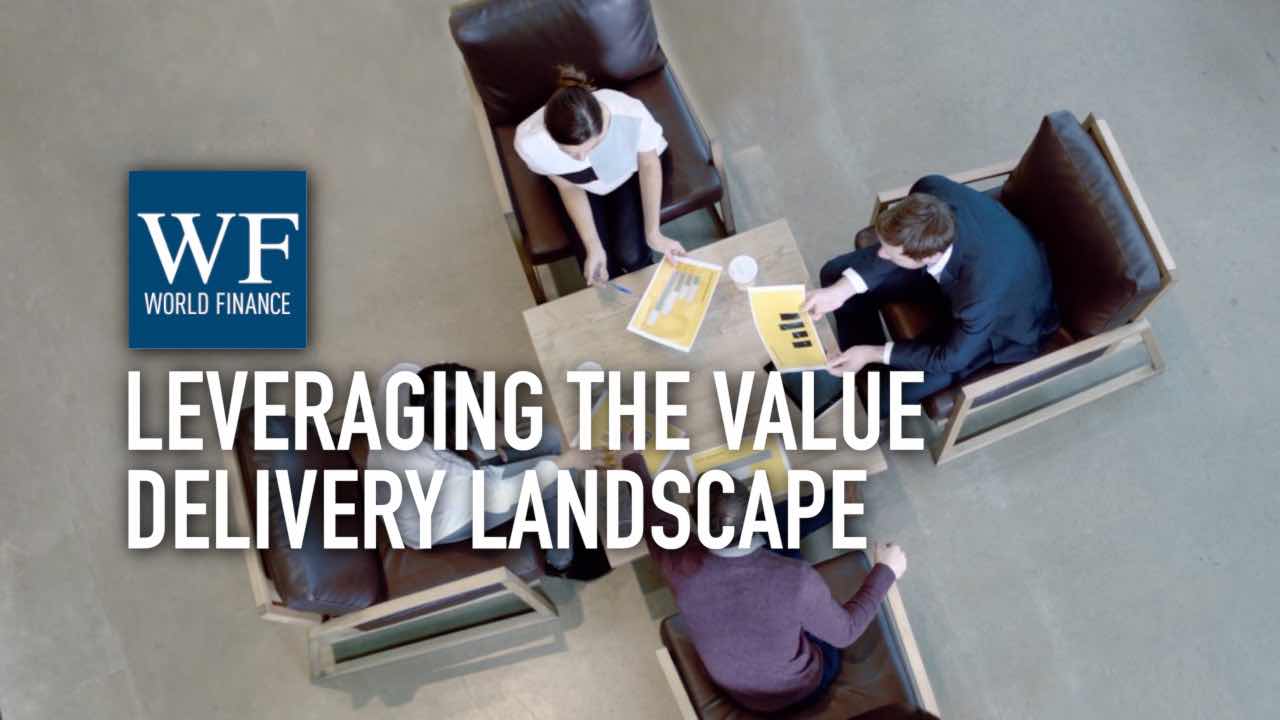Project Management Institute: How to get the best out of executive sponsors
World Finance reports from the 2018 Project Management Institute Global Executive Council
Related:
Transcript
Executive sponsors connect project managers and project teams to the rest of an organisation: they clear roadblocks, advocate for resources, and make higher-level decisions when they need to be made. But they’re also extremely busy, and need their organisation to support them in this role. Cindy W Anderson from PMI and Peter Moutsatsos from Telstra discuss the ways that executive sponsors help projects, and how organisations can help executive sponsors.
The next video in this series is about leveraging the full value delivery landscape, or you can watch the full Project Management Institute playlist.
Cindy W Anderson: Executive sponsors are important to a project or a programme because they connect the project and the project team to the rest of the organisation kind of laterally, and they also connect it upward into the executive suite.
Peter Moutsatsos: Our business has known the importance of sponsorship for quite some time. And so we do our very best to engage with our sponsors, to make sure they understand that they are a part of the project, and that they sign up and advocate the whole way through the project’s life.
Cindy W Anderson: Executive sponsors clear roadblocks. Executive sponsors are those who make decisions when there’s a decision to be made. They advocate for the resources – both human resources and budget – when projects need additional funding, or there’s competition for project work.
And without that, projects can get lost. They can get stopped or stalled. And I think that’s probably why an executive sponsor is so important. It’s that connection to the rest of the organisation.
Peter Moutsatsos: Project sponsors must understand that they are on the hook for delivery. Because they are the project. They are the ones who signed up to an idea, they secured company capital, they secured a project team and key resources to go and get this product or service built.
When the delivery phase is over and the project is in the market, they are the ones who are accountable to the leadership team for the benefits that are coming in the door – or not coming in the door – as a result of the project.
Cindy W Anderson: I think there are three things that an organisation can do to get the best use out of an executive sponsor. One of those is creating a culture where executive sponsors are really seen as a critical project resource.
If an organisation has a culture where it supports an executive sponsor, and gives that person the capability and freedom to actually sponsor in a meaningful way, then I think they can be very successful.
Peter Moutsatsos: The way we do that is explain to them the importance of being a sponsor. We induct them into the role. We train them. We put together roundtables, and get them to collaborate and share stories about the challenges they’re experiencing in being a sponsor.
Cindy W Anderson: The second thing I would say is that organisations that are most successful with executive sponsors really focus on the most important skills. Influencing. Being able to understand the organisation, and having the organisational savvy in order to influence across and up in an organisation.
Peter Moutsatsos: A good sponsor knows how to engage with the project, they understand that they are the advocate of the project, they have vested interests in the outcome.
Cindy W Anderson: And then the third thing I would say is that organisations that are most successful provide training for executive sponsors, the same way that they would provide training for anybody who’s moving into another role or another skillset within the organisation.
All of the presentations that we do, and the material that we provide to organisations, to help build that capability within their own organisation is all based on our research. And that helps the project managers, and the PMO directors, and the team that’s delivering the value within an organisation, be advocates for that capability within the organisation.

 Creating a bright line between strategy design and strategy delivery
Creating a bright line between strategy design and strategy delivery Leveraging the full value delivery landscape with PMI
Leveraging the full value delivery landscape with PMI
